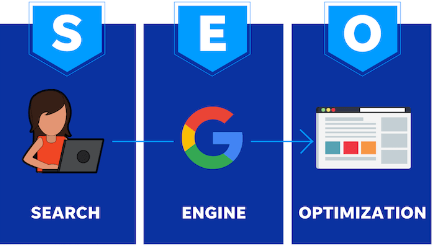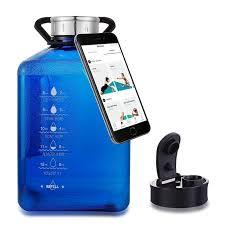E-Commerce SEO: Optimizing Your Online Store for Search Engines

When it comes to optimizing your e-commerce store for SEO, one of the most important factors is ensuring that your SEO strategy is impactful. Los Angeles is a hub for e-commerce businesses, and competition in the market is fierce. Therefore, it’s crucial to have an effective SEO strategy that can set your online store apart from the competition.
Online Store for Search Engines
One of the first steps in creating an impactful SEO strategy is conducting thorough keyword research. By identifying the most relevant keywords and phrases for your products, you can optimize your website’s content to match the queries of potential customers. For example, if you’re running an online store that sells furniture in Los Angeles, you may want to target keywords such as “buy furniture in Los Angeles” or “furniture store Los Angeles.”
Once you’ve identified your target keywords, you’ll need to optimize your product pages accordingly. Your product pages are the backbone of your e-commerce store, and it’s crucial to ensure they are optimized for both search engines and potential customers. This includes using keywords in your product title, description, and URL, as well as providing high-quality product images and detailed product descriptions.
In addition to optimizing your product pages, it’s also important to optimize your category pages. Category pages group your products together based on a specific theme or category, and they can have a significant impact on your website’s SEO. By including relevant keywords in the category page title, URL, and description, you can make it easier for search engines to understand the content of your website.
Internal linking is another important factor in an impactful SEO strategy. By linking to related products, categories, and pages within your website, you can guide potential customers to other relevant content on your site. This not only improves the user experience but also helps search engines understand the structure of your website.
Lastly, site speed is a critical factor in SEO, and it’s especially important for e-commerce websites. Slow-loading websites can harm both your search engine rankings and user experience, so it’s crucial to ensure your website is optimized for speed. This includes optimizing images, minimizing HTTP requests, and reducing page load times.
Creating an impactful SEO strategy for your e-commerce store in Los Angeles can be a complex process. However, by following these tips and using targeted keywords such as “impactful SEO Los Angeles,” you can improve your website’s visibility on search engine results pages and attract more potential customers to your online store. Remember, SEO is an ongoing process, so make sure you regularly review and update your website to stay ahead of the competition.
Conduct Keyword Research
Keyword research is the foundation of any SEO strategy. By understanding what keywords your target audience is searching for, you can optimize your website’s content to match their queries. Use keyword research tools to identify relevant keywords and phrases for your products, and include them in your website’s copy, titles, and meta descriptions.
Optimize Product Pages
Your product pages are the most critical part of your e-commerce store. Make sure they are optimized for SEO by including keywords in the product title, description, and URL. Use high-quality product images and videos, and provide detailed product descriptions that answer any questions your customers may have.
Use Unique Product Descriptions
Duplicate content can harm your website’s SEO. Make sure each product page has a unique product description that is written in your brand’s tone of voice. Avoid using manufacturer descriptions, as they are often duplicated across multiple websites.
Optimize Category Pages
Category pages are the pages that group your products together based on a specific theme or category. Optimize your category pages by including relevant keywords in the page title, URL, and description. Make sure each category page has a unique title and description that accurately reflects the products in that category.
Use Internal Linking
Internal linking is the practice of linking to other pages within your website. Use internal linking to guide users to related products, categories, and pages. This not only improves the user experience but also helps search engines understand the structure of your website.
Use Schema Markup
Schema markup is a code that helps search engines understand the content of your website. Use schema markup to provide additional information about your products, such as price, availability, and ratings. This information can be displayed in search engine results pages, making your website more attractive to potential customers.
Optimize Your Site Speed
Site speed is a critical factor in SEO. A slow-loading website can harm your search engine rankings and user experience. Use tools like Google PageSpeed Insights to identify areas of your website that need improvement. Make sure your website is optimized for mobile devices, as an increasing number of customers are shopping on their smartphones.
In conclusion, optimizing your e-commerce store for search engines can be a complex process. By following these tips, you can improve your website’s visibility on search engine results pages and attract more potential customers to your online store. Remember, SEO is an ongoing process, so make sure you regularly review and update your website to stay ahead of the competition.
Premier Digital Agency in Lahore Pakistan








